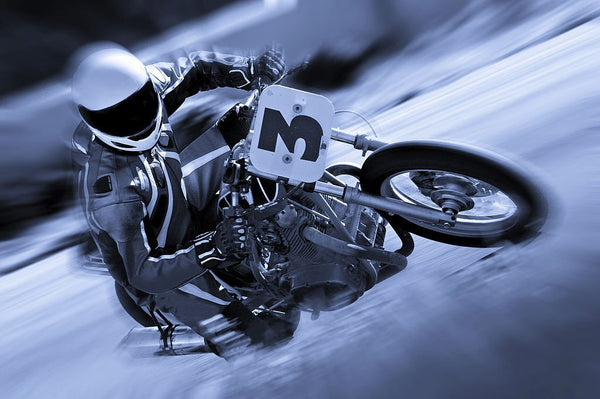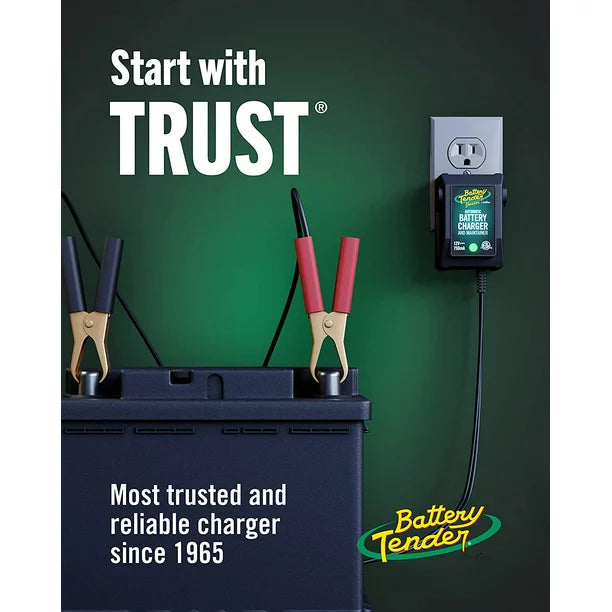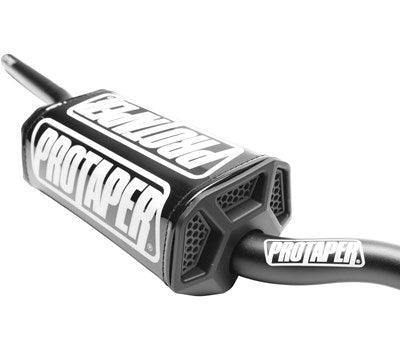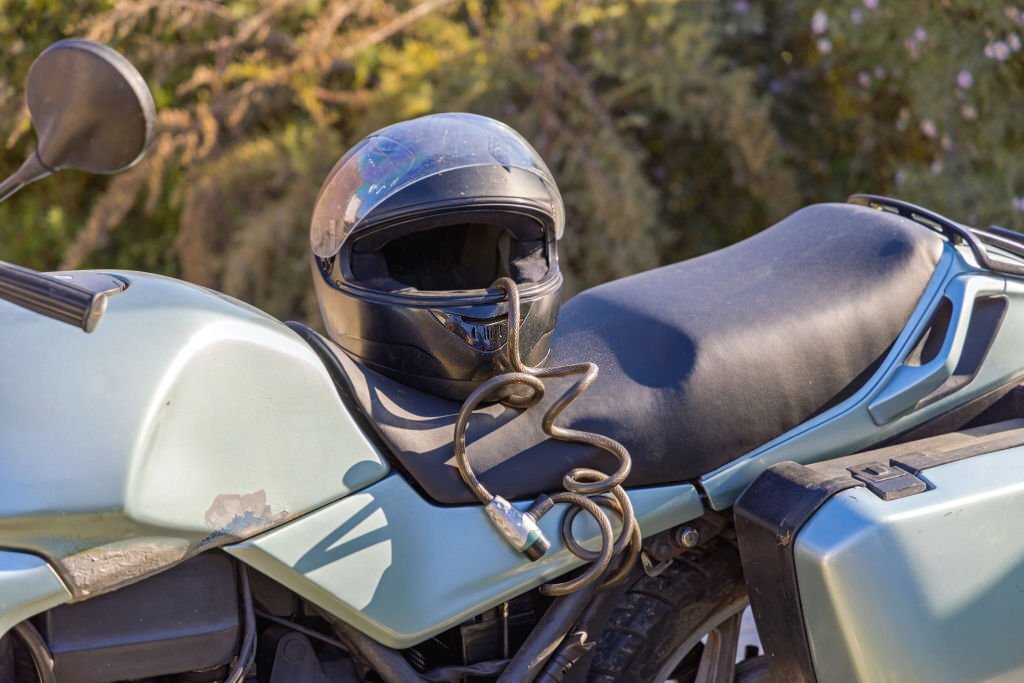Motorcycle helmets are an essential piece of protective gear when cruising down the long road. Instead of motorbike gloves, helmets are the first purchase after purchasing your first motorcycle. Buying a motorcycle helmet is easy, but there are a few things to consider.
They provide us protection from unfortunate accidents, increase our peripheral view on the road, and make for a quiet ride when travelling at high speeds.
There’s a lot that goes into the manufacturing of motorcycle helmets, but even the highest form of helmet engineering comes with an expiration date.
Yes, you read that correctly. Like food, motorcycle helmets have expiration dates. With motorcycles becoming a popular mode of transport worldwide, it’s important to know whether your skull is protected or if your helmet is close to being invalid and unusable.
To save you the pain of arduously searching and vigorously scanning the entirety of your helmet for the invisible date of expiration, we will show you exactly where to look and how to determine if it’s indeed expired or not.
So, sit back, place both your hands on the handlebars, and enjoy the ride.
What This Article Covers:
Do Motorcycle Helmets Really Expire
It sounds strange that something you wear while travelling on the road comes with an expiration date, but yes, bike helmets really do expire.

When speeding along coastal roads, it’s important that your head and neck are protected in case you get into an accident. An expired helmet causes materials and protective components to degrade, rendering the safety properties of your motorcycle helmet void.
Unlike food, motorcycle helmets don’t have tell-tale signs of expiration. In fact, there is no ‘use by’ or ‘sell by date’ on your helmets either.
It’s difficult to visually distinguish whether your helmet is expired or not, so you need to be able to find out exactly when your helmet is close to the usable end. You don’t want to be using something out of date when it’s designed to save your life.
Thankfully, helmets have come a long way since their early designs. In the early stages of helmet manufacturing, helmets were made of unreliable materials with rudimentary designs. This shortened their so-called ‘ride life.’ Nowadays, helmets are built using robust materials that are designed to last a long time.
Why Do Motorcycle Helmets Expire?
There are a few factors that cause helmets to expire. In general, helmets have expiry dates due to exposure to natural elements and repeated small impacts, which include dropping and banging against hard surfaces.
Exposure to Sunlight and Cold
Constant exposure to direct sunlight, as well as exposure to extreme cold, are reasons why helmets have predetermined expiry dates.
Exposure to long periods of ultraviolet rays can cause the material of your helmet to crack and wear over time. Additionally, the plastic components of your helmets can slowly deform due to melting.
Cold conditions, especially when coupled with rain, can cause the outer shell of your helmet to become fragile, which damages the inner shock-absorbent lining of the helmet.
Improper Storage
Other factors, such as being left in the garage to collect dust or improper storage are also linked to the expiration date.
Even if your helmet has never been used since the day you bought it, manufacturing companies recommend replacing it after seven years. Even the highest standard motorcycle helmets need to be replaced after this period.
Always cover your helmet with a cloth when storing for long periods of time. This protects the helmet from collecting dust or from being exposed to sunlight and rain.
The Sum of the Factors
All these factors cause the inner materials, such as the expanded polystyrene (EPS) foam, to degrade over time.
The inner EPS lining gets clustered with micro-tears, which turn into larger tears and can ultimately result in large portions of the helmet shedding off.
This causes the helmet to lose effectiveness over time, eventually resulting in it losing all of its protective properties and integrity.
The sum of all these factors is taken into account when determining a helmet's expiry date, along with the quantity of use and maintenance.
However, every individual helmet owner is different. Some riders may drop their helmets on occasion, while others are a lot more careful when it comes to helmet maintenance and care.
When Do Motorcycle Helmets Expire

The answer is a little complex, as there isn’t a ‘one size fits all’ when it comes to the date of expiration of your motorcycle helmet. In general, the average expiration of a motorcycle helmet is between five and seven years. However, these expiration dates are typically dependent on the manufactures and type of helmet.
Using the helmet frequently can shorten this window to three years, especially if you’re taking it out on long rides.
Regardless of the make of the helmet, it’s a good idea to replace your helmet after three to five years of use.
During this period, it is likely that your helmet is going to be put through some tough weather conditions, a few hard knocks, and scratches.
Do Helmets Expire if not Used
Surprisingly, if you haven’t used your helmet frequently and it’s being stored correctly, it can still reach the stage of expiration and being rendered unusable.
It’s suggested that after 7 years after the manufacturing date, your helmet should be replaced regardless of the amount of time it has been used. This is the general rule across the majority of helmet brands.
Storing your helmet incorrectly reduces the period from seven to between three and five depending on the conditions. Your helmet could collect dust and lose integrity if exposed to long periods of UV from direct sunlight.
How to Determine if Your Helmet Is Expired
As mentioned previously, there’s no standard expiry date tag that can be found anywhere on the helmet. Instead of looking for an expiration label, you need to look for the manufacturing date. This date tells you when to replace a motorcycle helmet.
The manufacturing date can be in different places depending on the helmet make, but it’s usually in one of two positions.
The first position can be found under the chin straps that secure the helmet to your skull. To find the chin straps, pick up the helmet so that the inside lining is facing you. The chin straps can be located at the base of the helmet close to the opening.
The second possible position is behind the ear padding. Again, you need to turn the helmet so that the inner lining is facing toward you. Make sure to look under both sets of ear padding to find the date.
Once you’ve found the manufactures date, you can then eyeball and get a rough estimate of the expiration of your helmet.
Generally, the lifespan of a helmet begins when it is in full proper first use. So, if your helmet doesn’t have any manufacturing date you can just replace it after the recommended five years after use.

Conclusion
Motorcycles have significantly taken the world by storm by becoming the go-to mode of transport. Their ability to travel further with less gas and zoom through traffic are a few of the many reasons motorcycles are popular among motorists.
However, the most important thing is paring your motorcycle with a suitable helmet. There are a ton of things to consider when deciding on a type of helmet, but one of the key factors is understanding the expiration date and staying clear of purchasing second-hand helmets.
Helmets are designed to protect our skull from severe damage during a collision and purchasing a helmet that is passed its expiry could be the decision between life or death.
Always look out for the manufactures date on your helmet to ensure that is still viable and falls within the period before expiration. If you have any doubts about your helmet or notice that it doesn’t quite yield the same protective capabilities, then you should consider getting a new one.
Visit Moto1 for the most reliable motorcycle helmets if you are in the market for some new headgear.
Your skull is important, so make sure to protect it with a comfortable, in-date motorcycle helmet.
If You Enjoyed This Piece, Consider Checking Out Other Blogs:
- Are Expensive Motorcycle Helmets Worth It
- Are Open-Face Motorcycle Helmets Safe
- Best Motorcycle Helmet Color for Visibility
- How Much Should I Pay for a Motorcycle Helmet
- Are MIPS Bike Helmets Safer?
- Best Value Motorcycle Helmet
- Best Motocross Helmet Under $300
- Best Motorcycle Track Day Helmet
- Best Motorcycle Helmet for Cafe Racer
- Best Lightweight Motorcycle Helmet
- Best Motorcycle Helmet
- Best Motorcycle Helmet for Women
- Best Motorcycle Helmet for Cruisers
- Best Entry Level Motorcycle Helmet
- Best Kids Motorcycle Helmet





